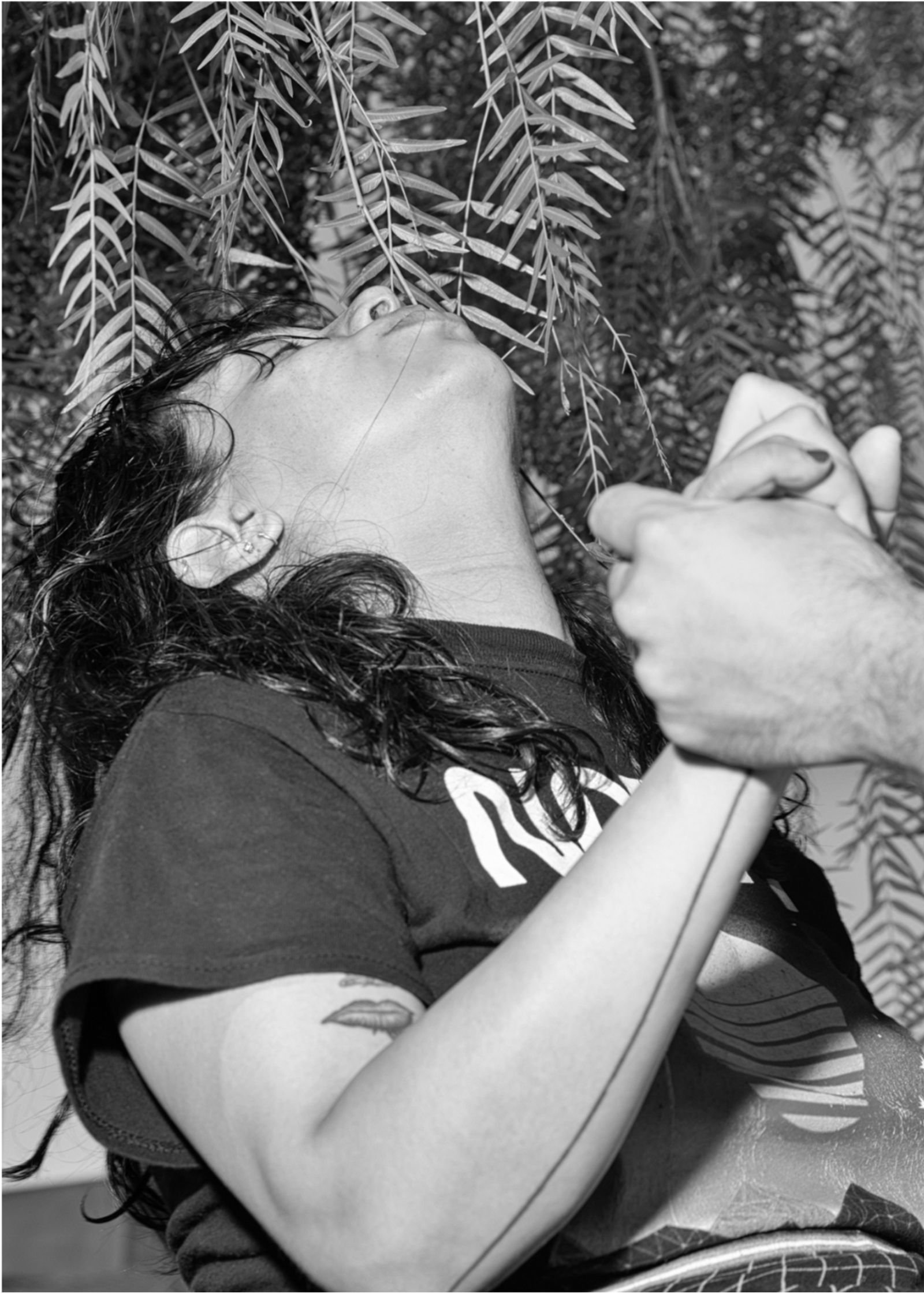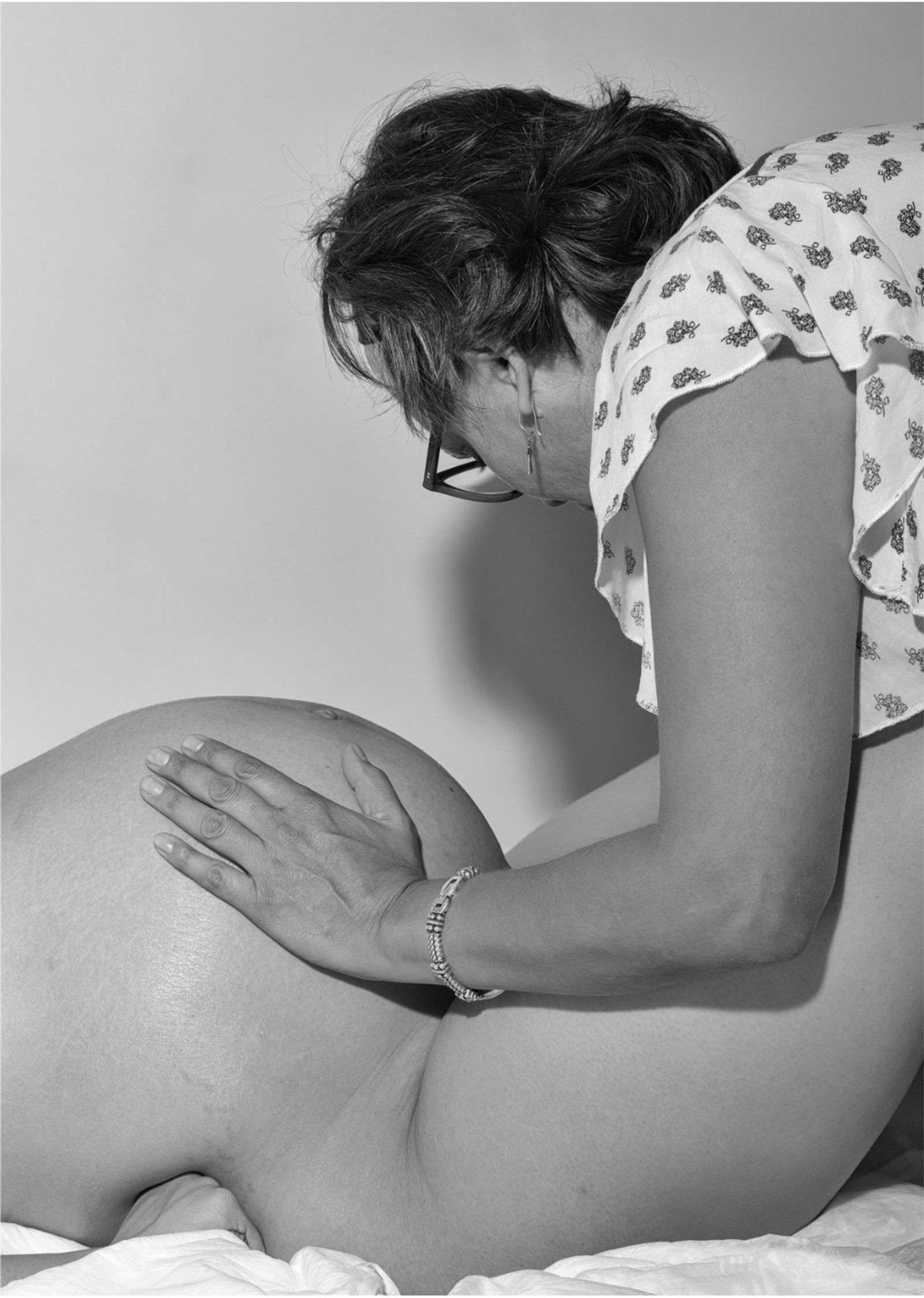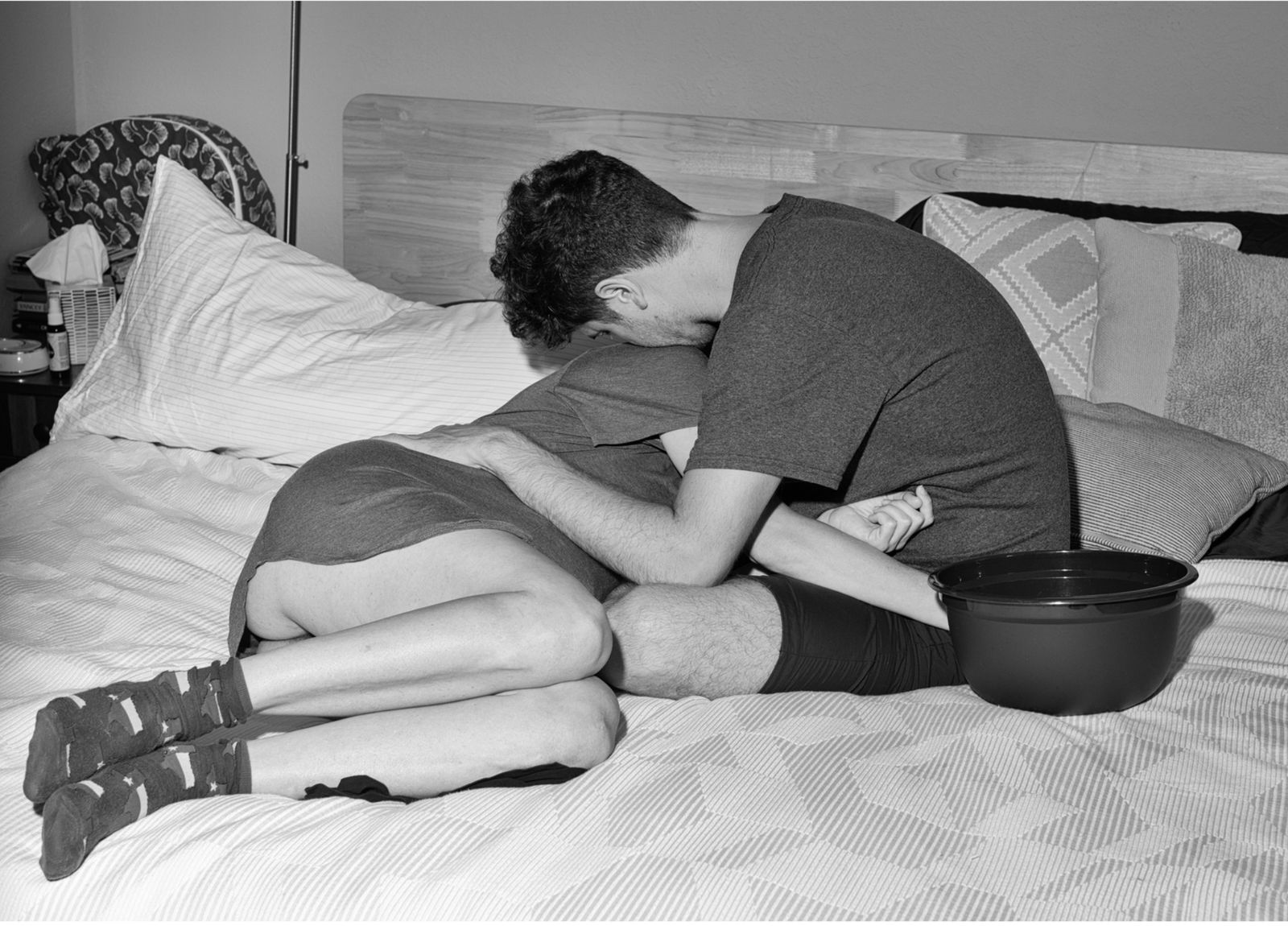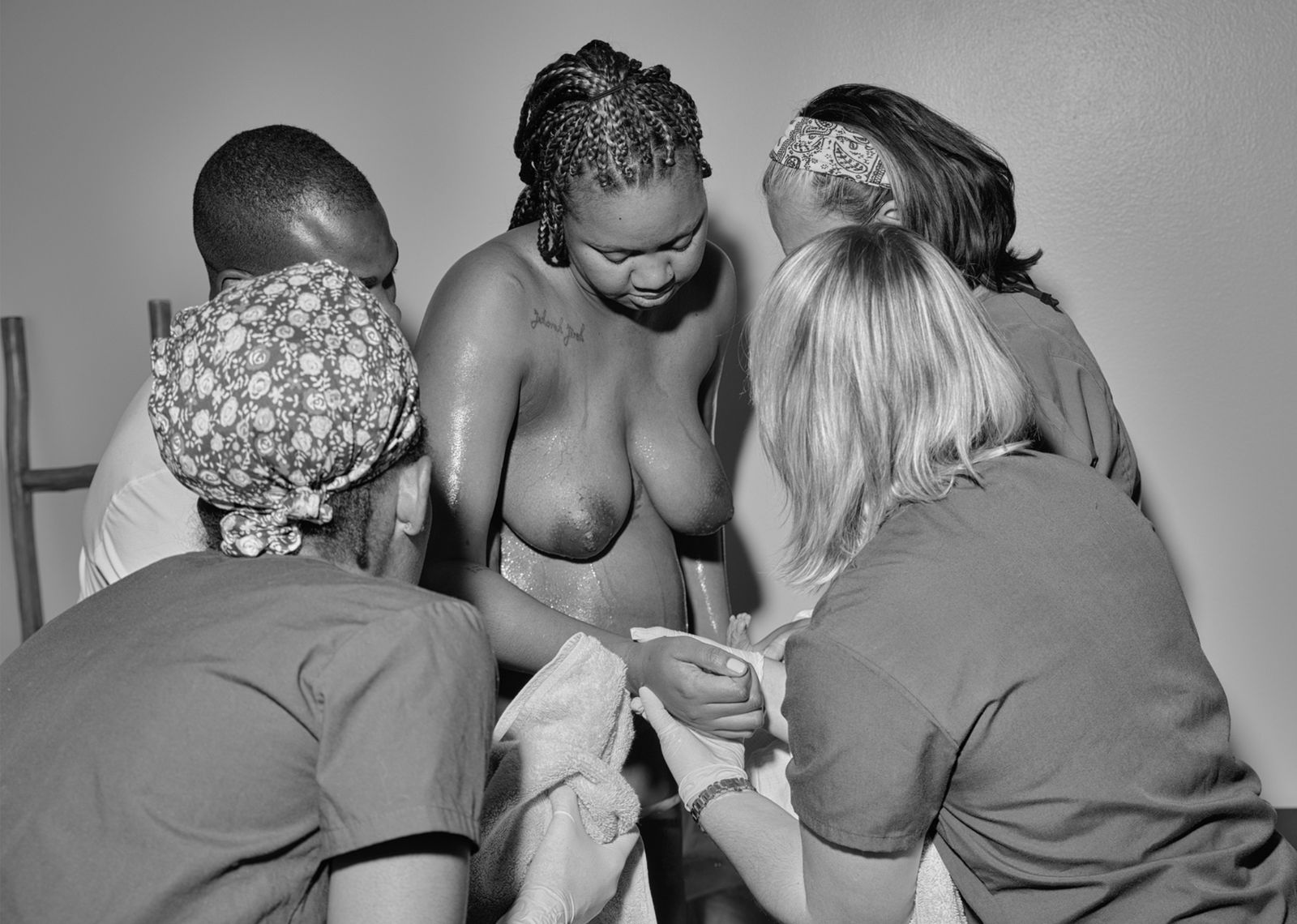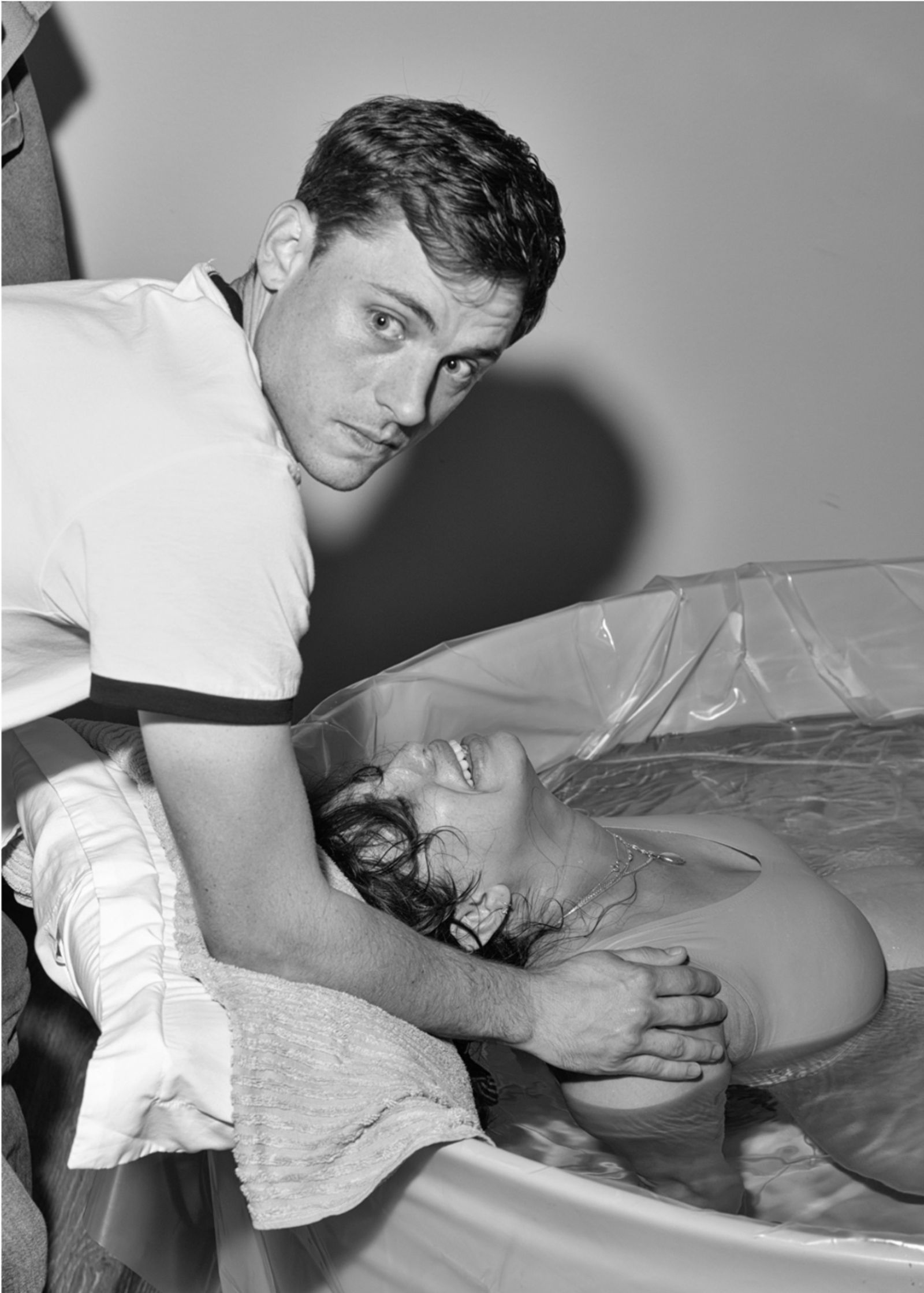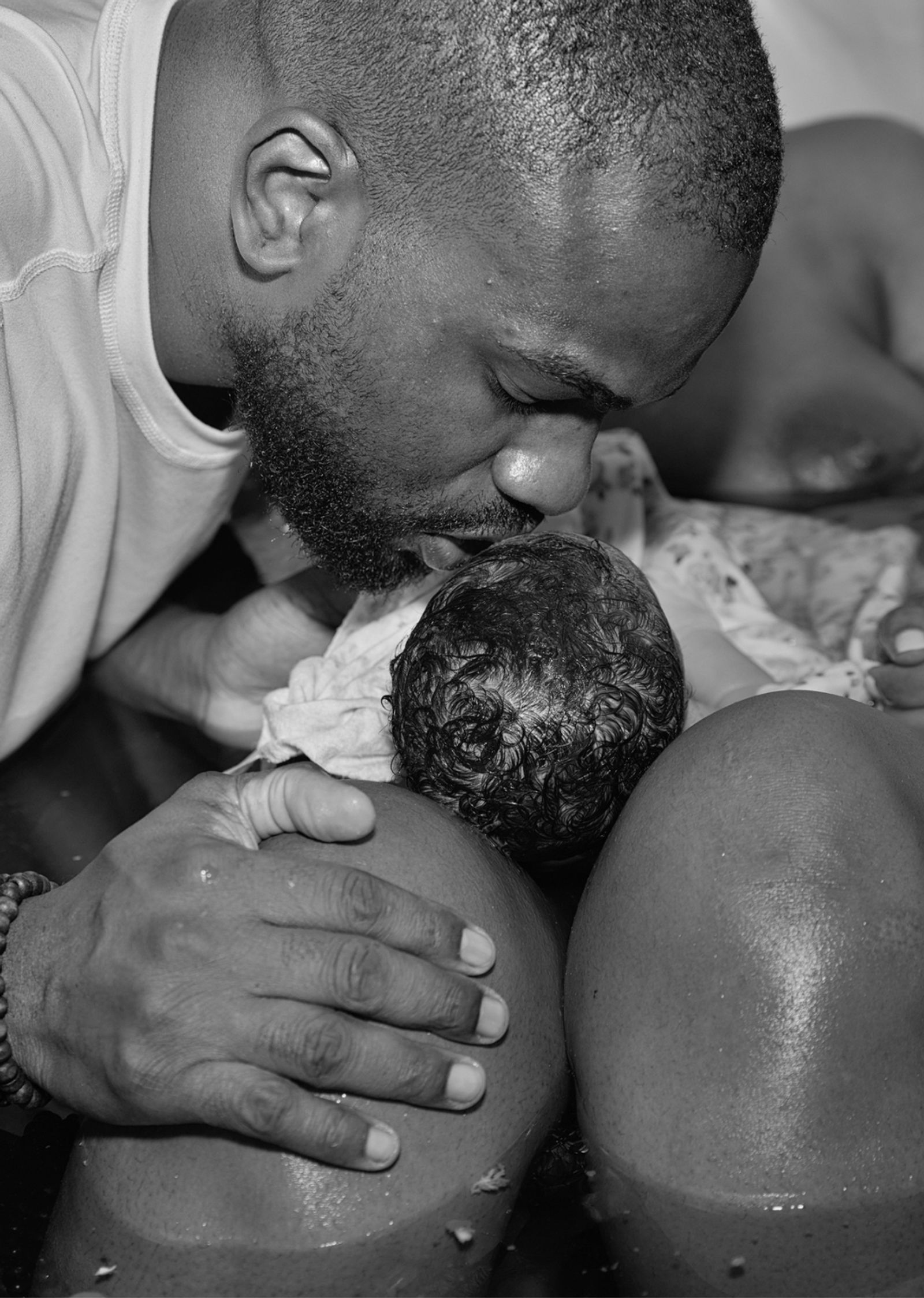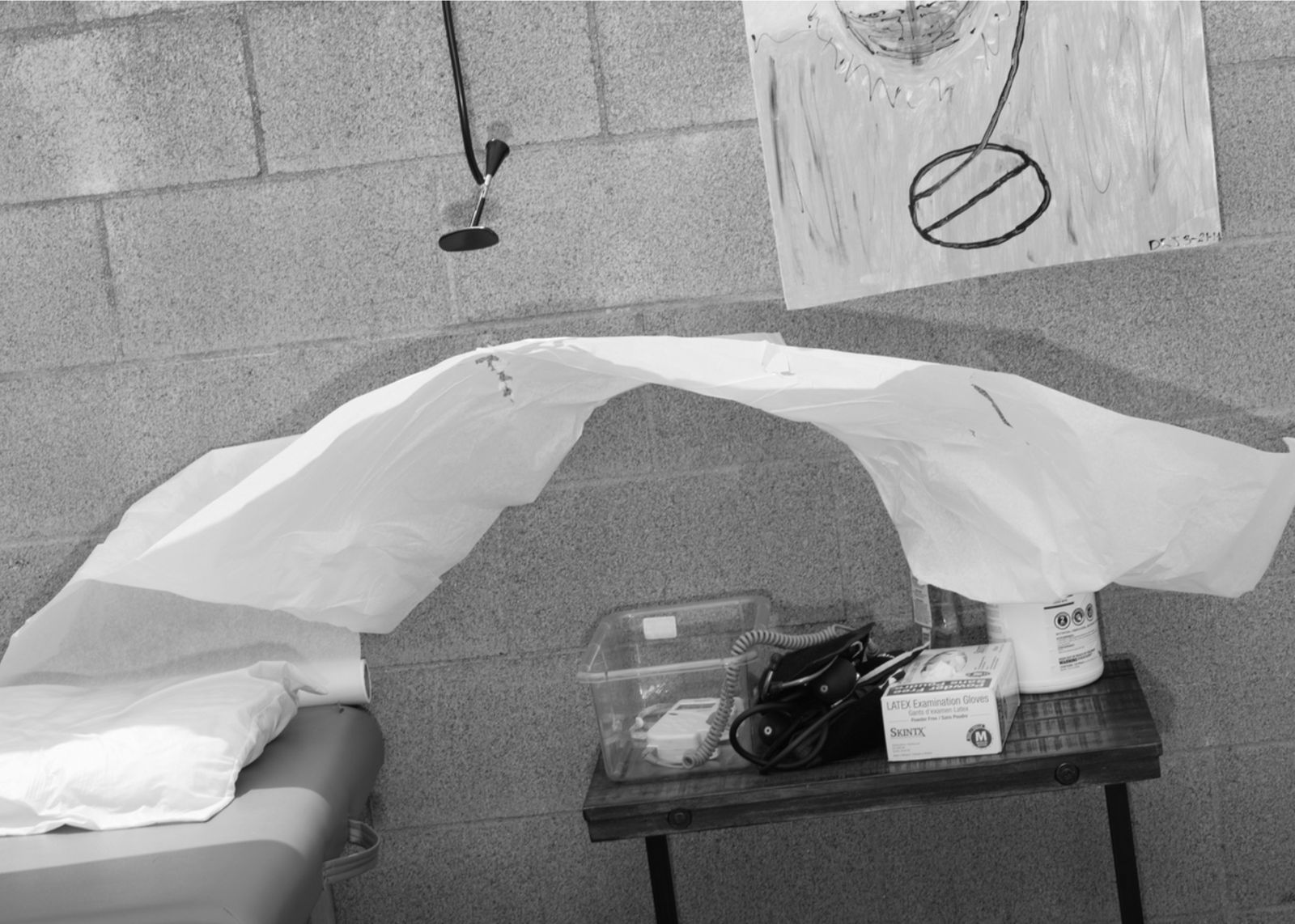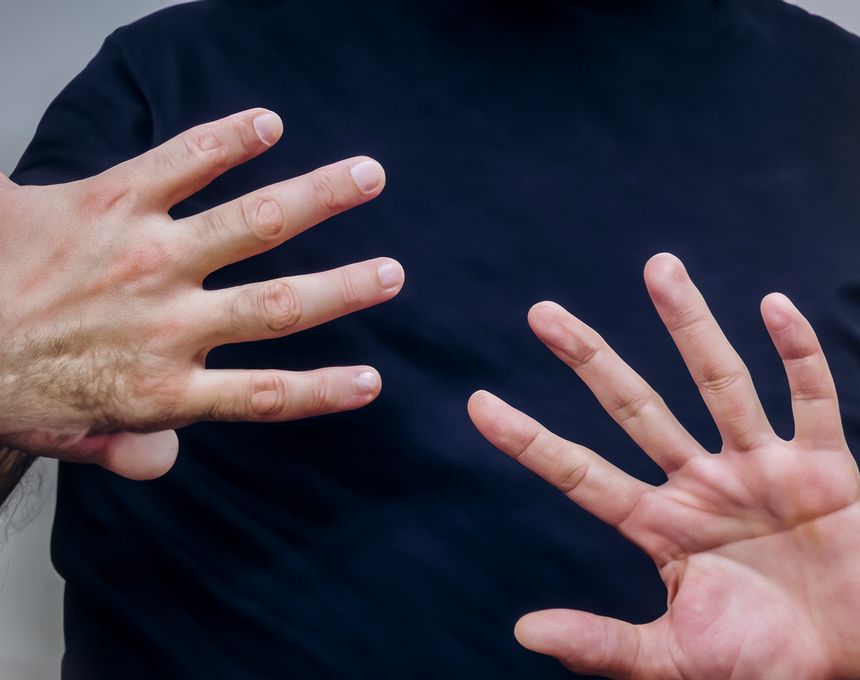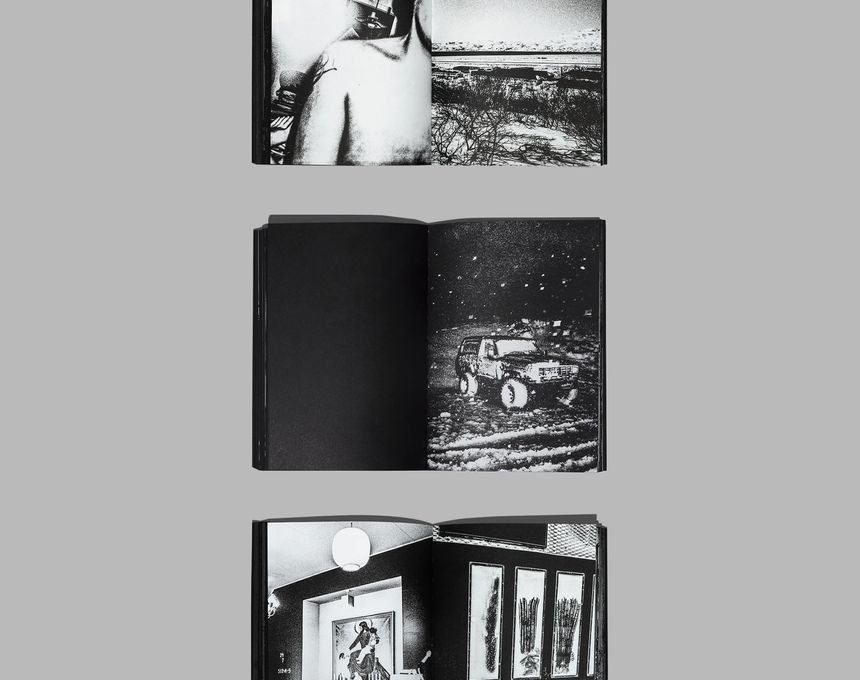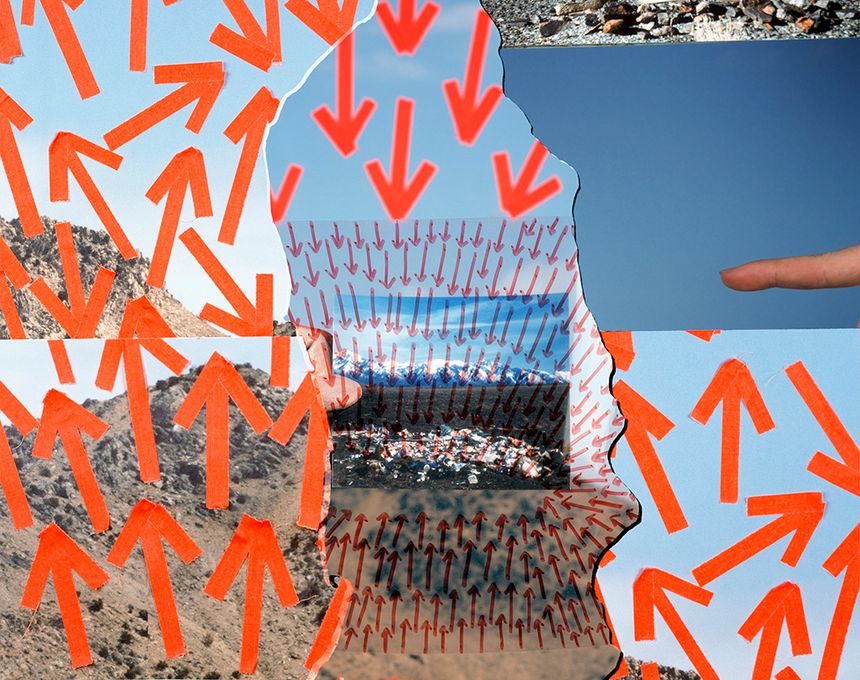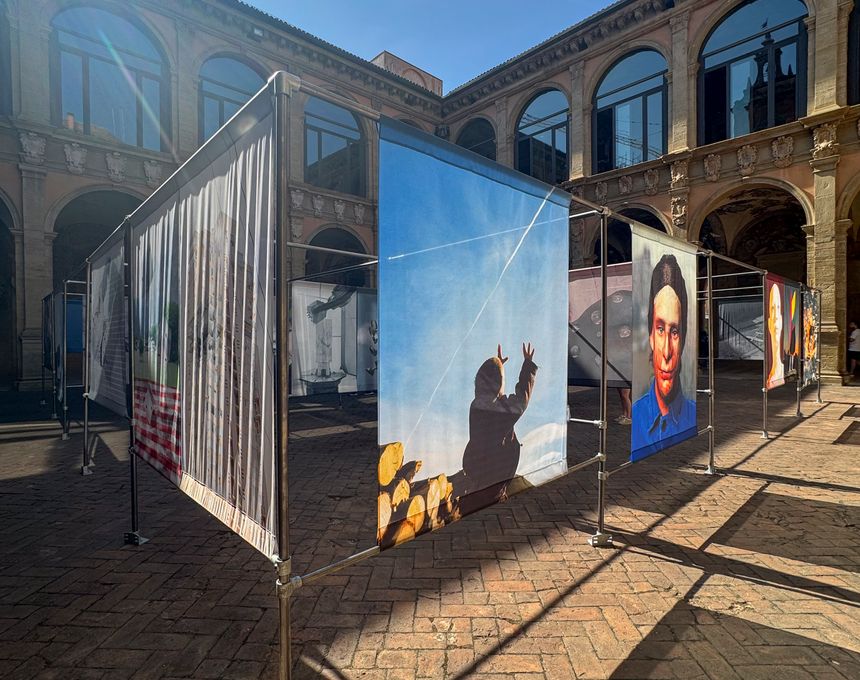Maggie Shannon Is Showing What Birth Is Like In America
-
Published23 Jun 2022
-
Author
When the pandemic started to hit hard in the United States, LA-based photographer Maggie Shannon turned to the rising phenomena of home birth. “There were horrible stories going around about mothers not being allowed to have their partners in the delivery room or being separated from their babies right after birth and midwives started getting calls from panicked mothers hoping to switch to a home birth because of the pandemic”, Maggie Shannon explains.
Following a few midwives in Los Angeles and Michigan, she documented both their exhausting conditions and the universal experience of delivery. “I wanted to learn more, especially in the United States where we're not really taught much about our own bodies, about what birth is like, and everything that comes after. And then also just show how strong these women are”, Shannon says.
Her photographs convey the wide range of emotions associated with birth. The expressions of women struggling with pain, the anxious gaze of first-time fathers, tenderness and relief. Not only do the faces reveal the intensity of the moment but the hands. A close-up image of a midwife assisting a mother-to-be juxtaposes two hands – that, caring, of the midwife, on the round belly of her patient, with the tightly clenched fist of the latest.
“That very physical and emotional support is so powerful to see”, Shannon recalls. “There's one image that I really love that was from the Michigan chapter, where a midwife is literally holding a woman up with her own body. It shows how physical their job is.”
As if sharing the experience, Shannon stands very close to her subjects. Yet with great delicacy, and with a few steps back to hint at the context – a king-size bed that couldn’t be at the hospital, a drip suspended to a hanger, the threshold of a suburban house. From lower to higher-income families, the experience remains universal. The flash she uses emphasizes the tension of the moment and makes the images feel timeless.
“Considering women's bodies are under threat right now with the potential overturning of Roe versus Wade I feel like there's so much more of the story to tell. All of the midwives I talked to about this have been enraged. They're not just helping women give birth, they're advocates for women's health”, Shannon notes. By celebrating these women and showing what birth is like in America, she contributes to reclaiming space for women.
--------------
All photos © Maggie Shannon, from the series Extreme Pain But Also Extreme Joy
--------------
Maggie Shannon is a photographer specializing in portrait and documentary work. She aims to tell stories of smaller communities and social rituals, with the goal of lifting edge voices and building a more inclusive world. Her approach is reflexive and anchored by honesty, empathy, and endless curiosity.
Laurence Cornet is a writer and curator based in Paris focusing on cultural and environmental issues. She is also the editorial director of Dysturb and the international photo editor at Le Monde.
--------------
This article is part of our feature series Photo Kernel, which aims to give space to the best contemporary practitioners in our community. The word Kernel means the core, centre, or essence of an object, but it also refers to image processing.
